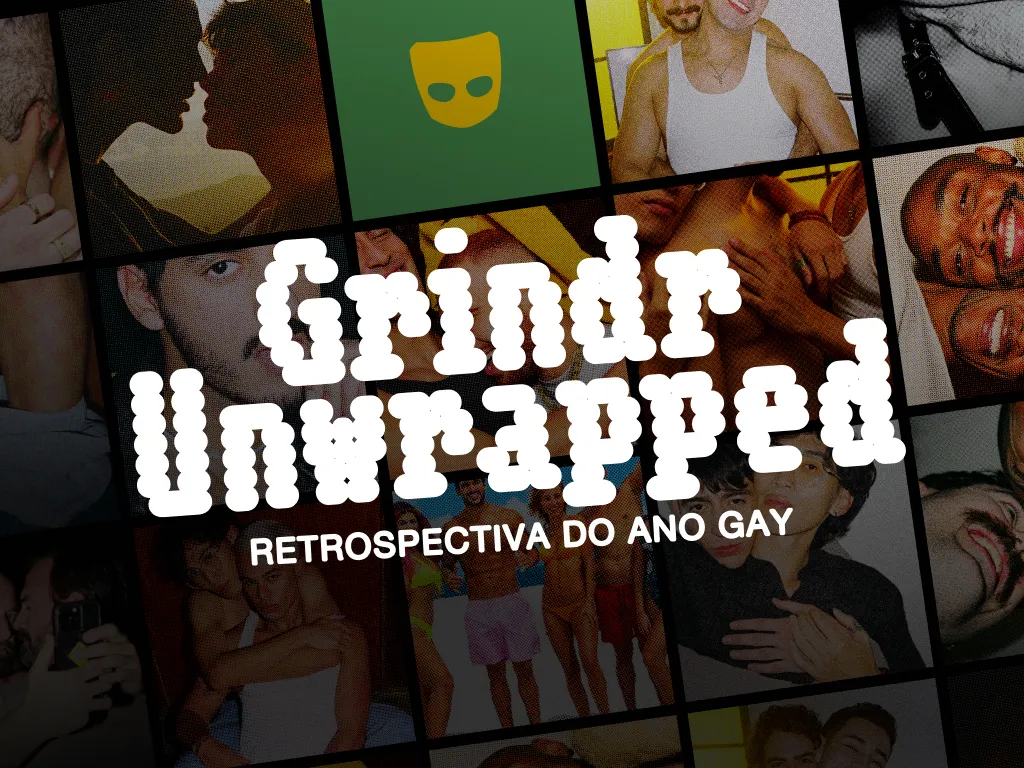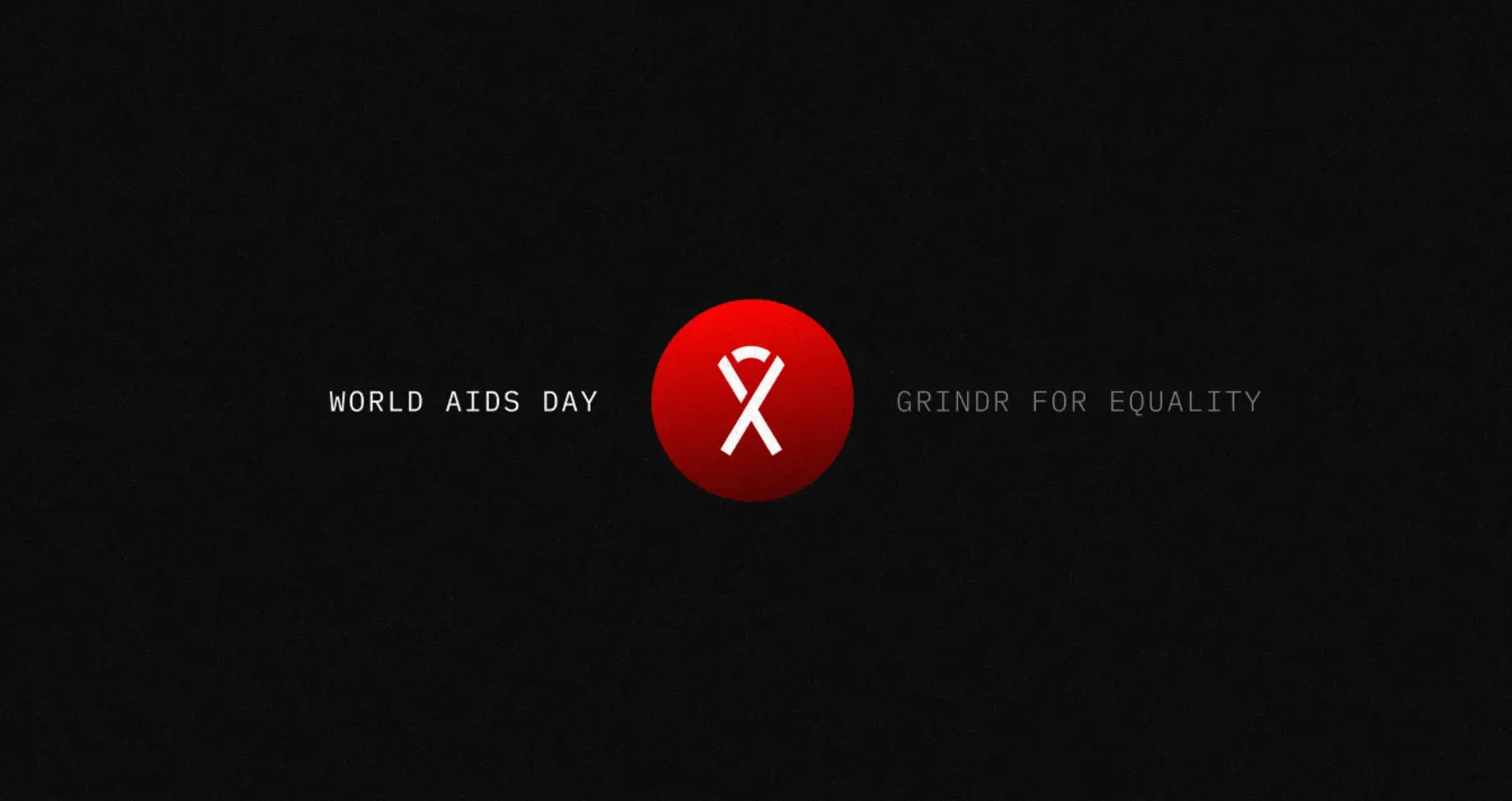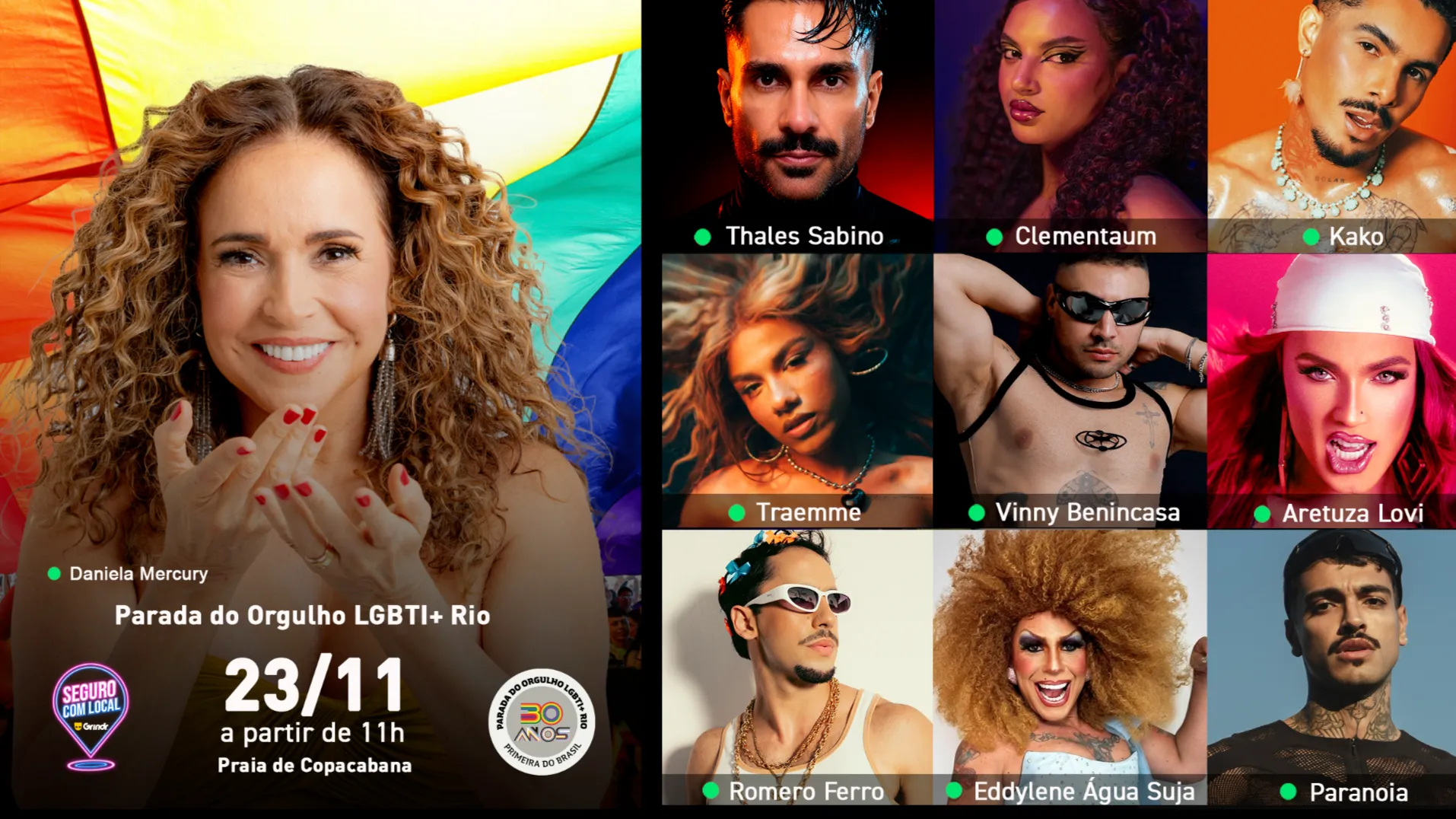What Is Queer? Meaning, History, Controversy, and Identity

Fruity. Light in the loafers. A friend of Dorothy. People have come up with countless slang terms to describe folks who aren’t straight. Some are nicer than others (and some are only OK when we say them). But describing the entire alphabet mafia in just one word is much harder than you might think — especially considering the diversity of our community.
For many people, queer does the trick. Although it’s still controversial for some folks, queer has become an umbrella term used to encapsulate the entirety of the LGBTQ community in both its sexual and gender diversity. Queer can describe anyone who falls outside of the cisgender, heterosexual experience, and the term’s use is just as storied as the people who use it.
Here’s everything you need to know about what it means to be (and use) the word queer.
Origins of the term queer
Just like Beyoncé and Lady Gaga, language evolves over time. Gay used to mean happy or merry, but now it’s most commonly used to describe men who are attracted to other men. The same is true of the word queer. Queer used to mean odd or strange, and while that might still apply, it evolved over the years to be a disparaging term for homosexuals.
One of the earliest recorded uses of the word queer as a derogatory homophobic slur is in a 19th-century letter written by the father of one of Oscar Wilde’s numerous lovers. He referred to Wilde and other gay men as “snob queers.” Yes, it’s wrong. But also, it’s kind of fierce.
After the letters were made public, American newspapers began using the word in this context, and its popularity as a derogatory slur only rose from there. By the 1910s, it was widely accepted slang for anyone who wasn’t heterosexual.
Reclaiming the word queer
The reclamation of this once-hateful word is older than many realize. Records of queer as a self-identifier for homosexual people date back to 1914 — proof that we gays are always ahead of the trends. Although it went out of vogue in the mid-1900s, queer made a comeback after the gay liberation movement.
Finding a word to identify the entirety of the LGBTQ community is difficult — and that’s a good thing. There are so many wonderful aspects of the community, and each deserves representation and recognition in our language. Following the Stonewall Riots of 1969, the gay community became the gay and lesbian community, which became the LGBT community, then LGBTQIA, and so on.
Political organizers, who understood the need for brevity, began looking for a single term more immediately accessible than an acronym and landed on queer. Regardless of its controversial origins, and in some ways because of them, queer was pushed as an umbrella term for everyone who fell outside of cisgender heteronormativity. Queer became a way to talk about both sexual and gender identity in one term.
Usage of queer in this context began to gain popularity in the 1980s, particularly in response to the government’s mishandling of the HIV/AIDS epidemic. Still, it remained primarily an in-group term until the late 1990s, when it began to see mainstream use — and not just in political contexts. In 1999, the TV show Queer as Folk debuted, and the term has only continued to gain traction, leaving behind its negative connotations as a homophobic slur.
Why some people prefer the term queer
Just like Beyoncé, Lady Gaga, and (evidently) language, identity also evolves over time. At the beginning of the gay rights movement, many people felt the need to claim and stick with an identity, but many now embrace fluidity. Queer is freeing. The word acknowledges that our identities and desires rarely fit into neat boxes, but we can still make common cause.
That’s why queer is also used as a social and political identity. Using the word to describe either your queer gender, queer sexuality, or both is an opportunity to say, “No matter what I am, I live and love outside of cisgender heteronormativity, and I’m proud that I do.”
Identifying as queer is a way of nodding to the activists of the 1990s who said there are no gay issues, no trans issues, no lesbian issues; there is one issue, and the entire community is fighting for each other. Always.
Is the word queer controversial?
Well, yes! But, if we’ve learned anything from our queer elders, a little bit of controversy isn’t necessarily a bad thing. The reasons why the word queer might have a bad rap, even from within the LGBTQ community, are varied. So, if someone asks you not to refer to them as queer, you should respect their wishes.
For some folks, the word might be triggering — particularly those who grew up in the ’60s and ’70s, when queer’s use as a homophobic slur was at its height. If you grew up hearing that word used to demean and degrade you, you might have a hard time recontextualizing it as a positive thing, even in the context of reclamation.
Other people may not identify with the word because they have a strong preference for another identity (e.g., bisexual, lesbian, or transgender), and that’s OK, too. Whereas some members of the LGBTQ community are fine with being called queer as individuals, others may only want to be described as what they are.
Now, some might try to police your use of the word when referring to the queer community or movement. They might even tell you not to call yourself queer, even if you identify with the term. And those people can get bent. You do you, boo.
Am I queer?
We don’t know, are you?
We’re kidding! (Kind of.) Queer is an identity, but it is also a movement. Queerness is a rejection of cisgender heteronormativity and an acknowledgment that there is life — and sex — beyond the binary. In fact, queerness is working to destroy the binary and give people the freedom to exist however they want. Because of that, the only person who can know whether you’re queer is you.
Am I in a queer relationship?
Queer can refer to one’s sexual or gender identity (or both), but it can also denote their relationship structure. Although queer relationships are often seen as those between a man and another man or a woman and another woman, it might also look like two men and a woman, a trans person and someone of the opposite gender, or a bisexual person and their straight partner. Just like you, your relationship is queer if you say so.
That being said, queer as a relationship descriptor is best reserved for when at least one participant is either L, G, B, T, or Q. Straight, cisgender people in nonmonogamous relationships who use the word queer might be seen as co-opting the language to seem edgy or alternative. Queer might stand for a lot of things, but that ubiquity doesn’t mean it can be used however someone wants.
We’re here, we’re queer, get used to it
Ultimately, queerness is about unity, community, and celebration. It’s an opportunity for people who have felt othered to come together under an umbrella term.
The LGBTQ community is vast, diverse, and growing every day. More people identify as queer than ever before, and there is power in numbers. The word honors and highlights our diversity, ensuring everyone under our rainbow feels celebrated.
Are you curious about the local queer population? There are countless queer people in your area, and you’ll find them on your Grindr grid. So what are you waiting for? Open the Grindr app and connect with other queers today.










.gif)
.webp)


.webp)
.webp)










